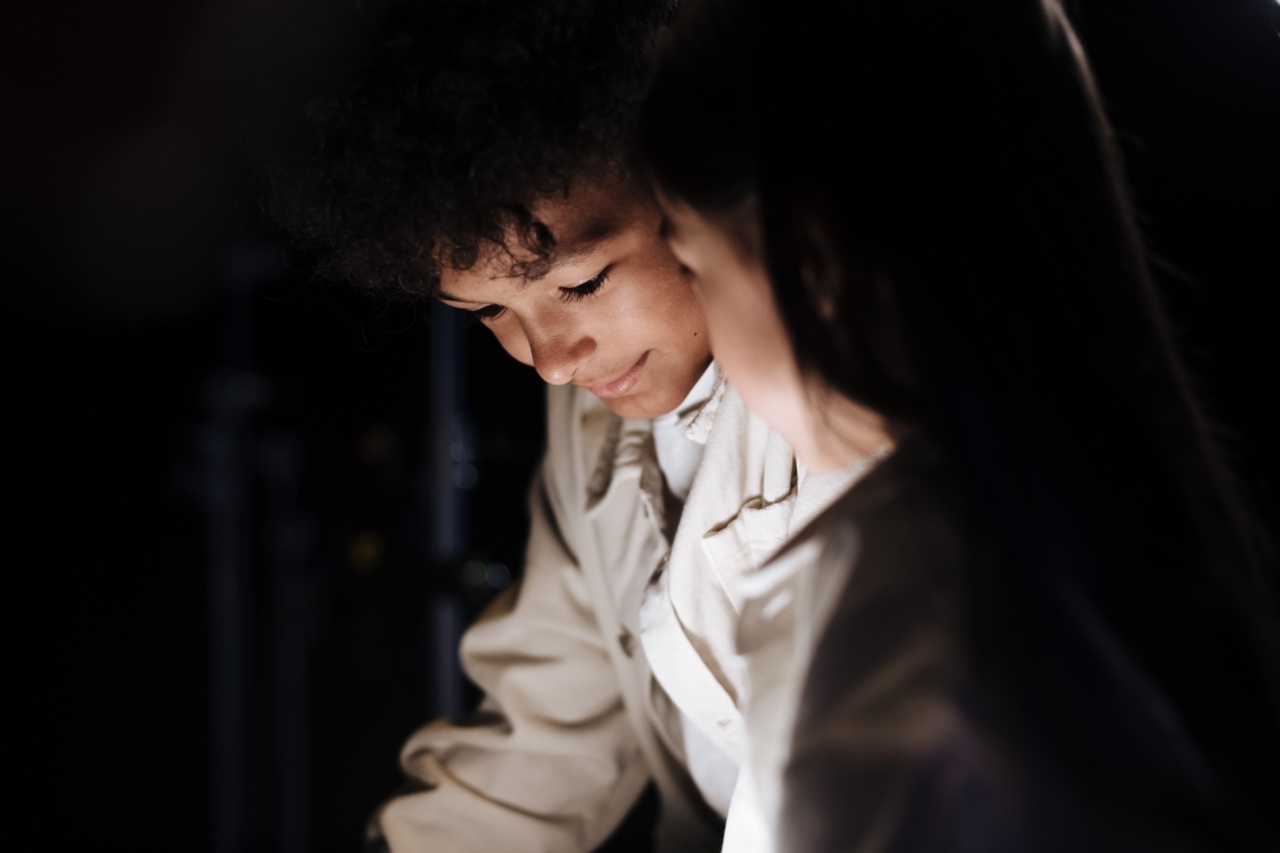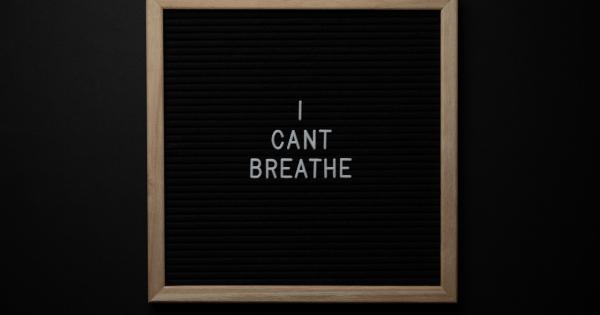Being a teenager is not only a phase of life that is physically challenging but it can also be emotionally taxing. It is a time when changes happen both in the physical and psychological aspect which makes it overwhelming most of the time.
One of the major problems that some teenagers experience is social withdrawal or introversion. It is a known fact that teenagers are social beings, they want to be accepted and fit in. However, there are factors that contribute to social withdrawal which parents and guardians must be aware of in order to help and support their teens.
The Definition of Social Withdrawal
Social withdrawal or introversion is when a teenager is less involved in social activities, less talkative, and spends most of their time alone.
A withdrawn teenager usually has very few friends or no friends at all, and prefers to stay in their own room rather than participate in social activities or hanging out with their peers. Although a certain degree of social withdrawal can be considered normal especially for teenagers who are busy with schoolwork or extracurricular activities, extreme cases of social withdrawal should be taken seriously.
Causes of Social Withdrawal
There are various reasons why some teenagers become introverted and socially withdrawn. Below are some of the most common causes:.
Bullying
Bullying is a major problem in schools and sadly, it can happen to any teenager. Victims of bullying may experience anxiety, depression, and fear which makes them socially withdrawn.
They may be too scared to speak up and defend themselves, and therefore choose to avoid social situations or any place where they might bump into their bullies.
Family Problems
Family problems can also contribute to social withdrawal among teenagers.
If a teenager is experiencing issues at home such as parental divorce, domestic violence, or the death of a family member, they may feel too overwhelmed to engage in social activities and prefer to isolate themselves.
Mental Health Issues
Mental health issues such as anxiety, depression, and social anxiety disorder can also lead to social withdrawal.
Teenagers who are suffering from such conditions may feel more comfortable being alone rather than being in social situations where they might feel judged or rejected.
Personality Traits
Introverted personality traits can also lead to social withdrawal among teenagers. Some teenagers prefer a small social circle, and they are more comfortable staying in their own company or with close friends or family.
Such teenagers may choose to withdraw from social situations that they find overwhelming or exhausting.
Lack of Social Skills
Some teenagers may withdraw from social activities due to lack of social skills.
These teenagers may feel uncomfortable or unsure of how to interact with others, and therefore choose to stay away from social situations to avoid potential embarrassment or rejection.
Impact of Social Withdrawal
Social withdrawal can have a negative impact on the teenager’s social, emotional, and mental well-being. It can lead to feelings of loneliness, social isolation, and depression.
A withdrawn teenager may have difficulty in making friends or maintaining relationships which can cause a ripple effect on their self-esteem and confidence. Additionally, it can also affect their academic performance as they may miss out on extracurricular activities and social events that are important for their growth and development.
How to Help a Socially Withdrawn Teenager
If you suspect that your teenager is socially withdrawn, here are some ways you can help:.
Encourage Communication
Encourage your teenager to communicate with you or someone they trust. Let them know that you are there for them and you understand what they are going through. Avoid judgment or criticism, instead try to be a good listener and offer empathy and support.
Get Professional Help
If you suspect that your teenager is suffering from mental health issues or has been bullied, it may be necessary to seek professional help.
Consult with a mental health professional, a school counselor, or a trusted medical practitioner to get further guidance and support.
Encourage Extracurricular Activities
Encourage your teenager to engage in activities they enjoy. It can be sports, music, or any other hobby that they like. This can help them meet new people who share similar interests, and they can build meaningful relationships from there.
Promote Self-Care
Encourage your teenager to practice self-care activities such as exercise, proper nutrition, and getting enough sleep. This can help improve their overall mood, self-esteem and may encourage them to socialize more.
Be Patient and Understanding
Remember that social withdrawal is not an easy problem to solve. It takes time, patience, and understanding.
Don’t force your teenager to be social, instead, offer support and guidance and let them know that you are there for them when they need it.
Conclusion
Social withdrawal can be a difficult problem for some teenagers to overcome. It can have negative impacts on their social, emotional, and mental well-being.
It is essential for parents, guardians, and educators to look out for the signs of social withdrawal and offer support and guidance to help the teenager through this tough time. Remember to be patient, understanding, and always offer a listening ear to your teenager.




























